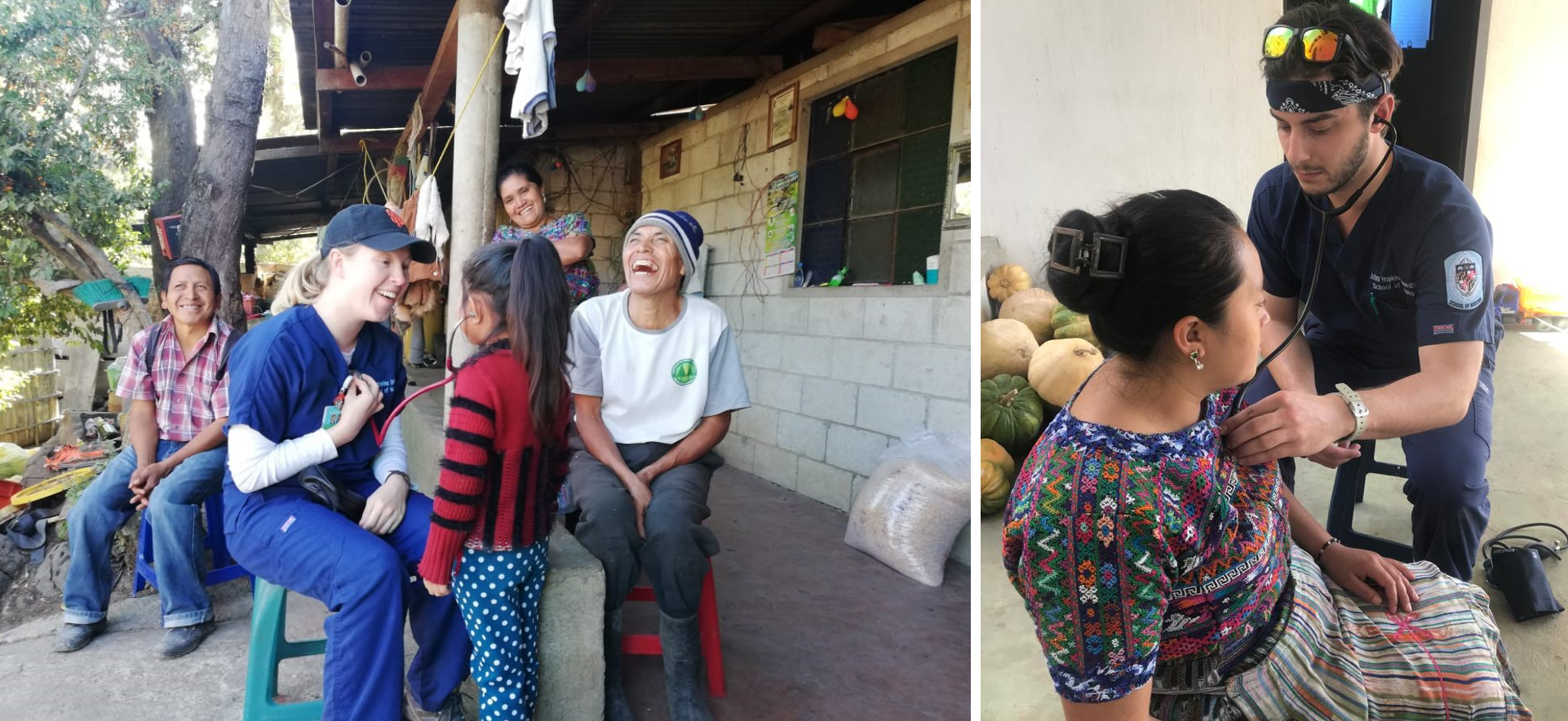
Though they may adapt physically to being tethered to a life-saving heart pump, patients with left ventricular assist devices (LVADs) may need additional care in coping emotionally. These challenges must be honestly addressed, according to “Adaptation and Coping in Patients Living with an LVAD: A metasynthesis,” by PhD candidates Martha Abshire, MS, RN, and Mia Cajita, RN, Associate Professor Cheryl Dennison Himmelfarb, PhD, RN, ANP, FAAN, and colleagues. Emotional
challenges include fear of dependence or a sudden death and anxiety related to changed social roles.
LVADs are powered through a driveline that attaches externally to batteries or non-portable sources of power. Developed as a “bridge” to heart transplantation, they have increasingly become a “destination therapy,” meaning patients use the device until death. Seventy-eight percent of LVAD recipients live for at least one year and nearly 50 percent survive four or more years. Patients also experience functional and quality of life gains. But more study needs to be done on how to help patients adapt to their new “normal.”
“It is clear that LVAD programs have been successful at helping patients establish routines related to LVAD care, which contributes to independence,” the authors conclude. “However, developing and providing additional materials that explain the recovery and adaptation process may help promote emotional coping and help patients regain a sense of normalcy.”
Publication: Heart & Lung
 Guatemala Re-visited: Rainwater Project Shows Value of Service-learning Trips
Guatemala Re-visited: Rainwater Project Shows Value of Service-learning Trips You’re Welcome
You’re Welcome Nursing Named Most Trusted Profession for 22nd Consecutive Year
Nursing Named Most Trusted Profession for 22nd Consecutive Year Best of On The Pulse 2023
Best of On The Pulse 2023 From the Dean: Here & Now
From the Dean: Here & Now







